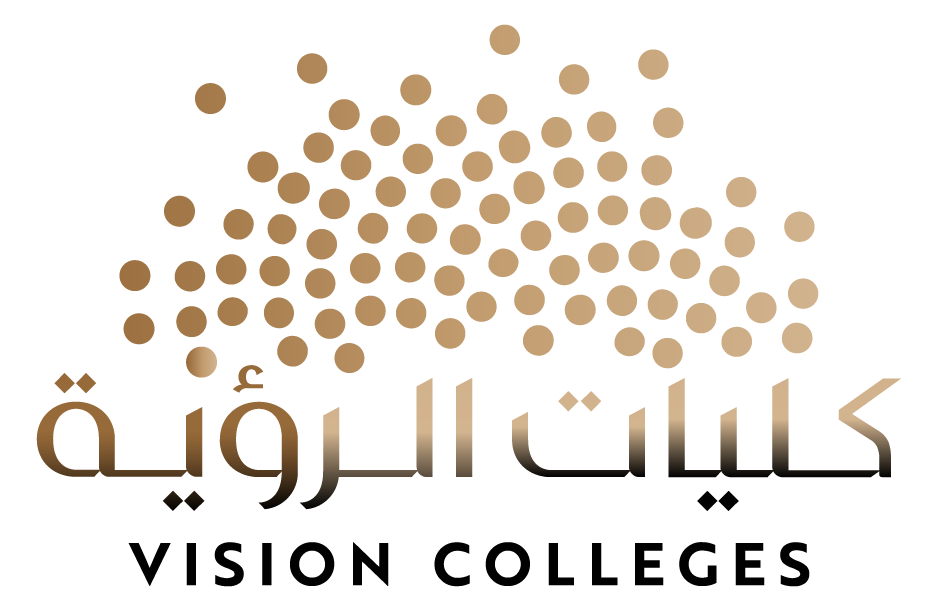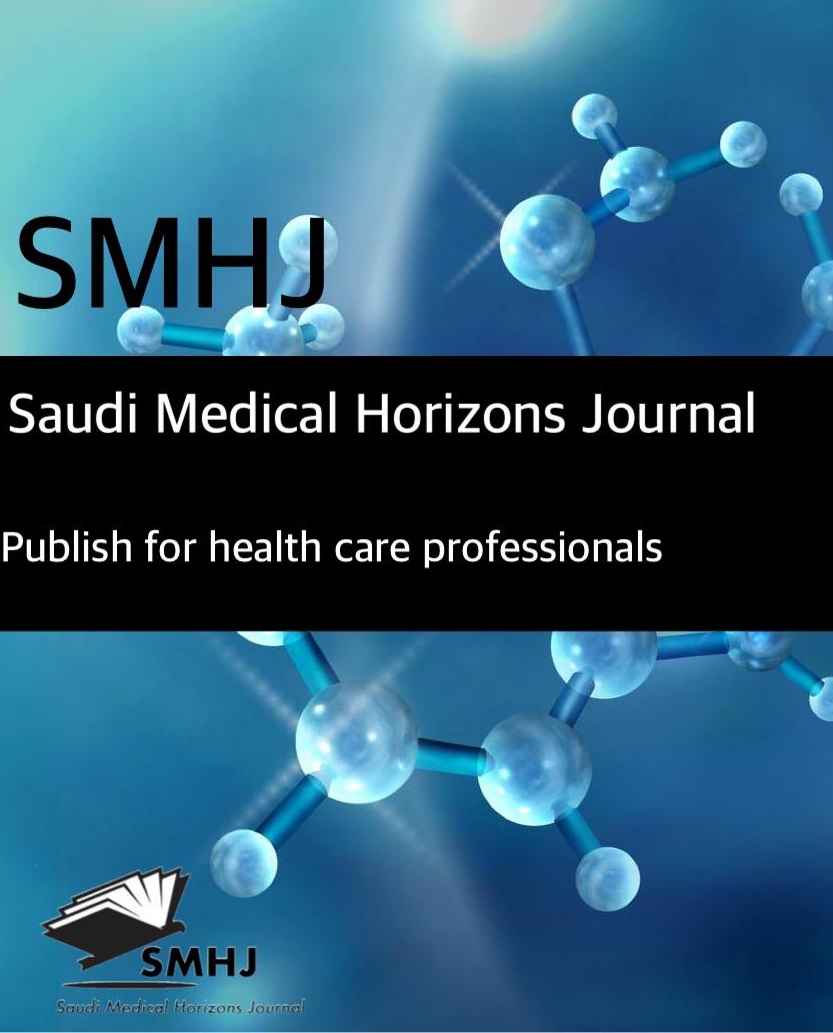The Frequency of ABO and Rhesus blood groups in Saudi healthy blood donors versus non-Saudi in a retrospective study in Makkah City
ABO and Rhesus blood groups in Makkah City.
DOI:
https://doi.org/10.54293/smhj.v1i1.16Keywords:
ABO, Rh, blood groups, Saudi, non-SaudiAbstract
Purpose: to assess the frequency of ABO and Rh blood groups among Saudi and non-Saudi healthy blood donors and to compare between them.
Methods: A retrospective study was conducted; in Makkah City, Saudi Arabia. It included 15,365 participants of 44 nationalities who have attended the blood bank of King Abdul Aziz Hospital. The collected data were age, sex, nationality, ABO, and Rhesus blood groups.
Results: 46.8 % of the participants were O, 28.8 % A, 19.5 % B, and 4.9% AB. The nationalities with a higher frequency of blood group O were Saudi, Mauritanian, Yemeni, Thai, Malian, Sudanese, Jordanian, Indian, Moroccan, Somali, Malaysian, Indonesian, Myanmar, Nigerian, Pakistani, Bangladeshi, Algerian, Djibouti, Burkinabe, Eritrean, Ghanaian, Bahraini, Bosnian, Canadian, Gambian, Iraqi, and Sri Lankan. Those with a higher frequency of blood group A were Turkish, Palestinian, Syrian, Lebanese, Egyptian, Afghan, Chadian, French, Tunisian, Cameroonian, Ethiopian, and British. Those with a higher frequency of B were Nigerien, American, Nepalese, and two nationalities with higher AB frequency Filipino and Chinese. 91.6 % of all populations were Rh-positive, and 8.4% were Rh-negative. The Saudi participants were like some nationalities and differed from others.
Conclusion: In Makkah city, the higher frequency of ABO blood group in Saudi and non -Saudi people is O followed by A, then B, and AB. The Rh-positive is predominant, and 8.4% of the participants are negative. The ABO and Rh blood groups' identifications are essential for providing suitable blood storage for individuals in need.
Downloads
Published
How to Cite
Issue
Section
License
Copyright (c) 2021 Saudi Medical Horizons Journal

This work is licensed under a Creative Commons Attribution 4.0 International License.



